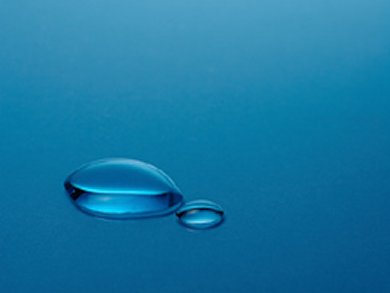For scientists, a change can mean a change of university and or/a change of country, as well as a change of research subject. In his Editorial in Angewandte Chemie, Wilhelm T. S. Huck, Radboud University Nijmegen, The Netherlands, discusses all these changes.
He starts by outlining some of the differences between academic research in the UK and the Netherlands, for example, the stronger links between Dutch industry and academia.
Huck also outlines how his research program has evolved to the study of small water droplets. Huck still has the advice of George Whitesides, his postdoctoral advisor, ringing in his ears, namely to to work on important problems outside familiar research areas. The central position of chemistry means that chemists can work between disciplines. In particular, chemists can learn from biologists to emulate nature by building complex systems held together by noncovalent bonds. Although these architectures can be quite spectacular, the systems are in fact all in equilibrium; this, however, does not reflect what is happening in a living cell, which is in a state of permanent flux.
Huck has turned to the area of small water droplets, which are a new field for him, in order to discover some new chemistry as these crowded reactors are the ideal place for studying how large molecules, such as DNA and RNA, interact in cells.
- Learning a New Language: Moving Countries and Changing Subjects,
Wilhelm T. S. Huck,
Angew. Chem. Int. Ed. 2013.
DOI: 10.1002/anie.201308116




